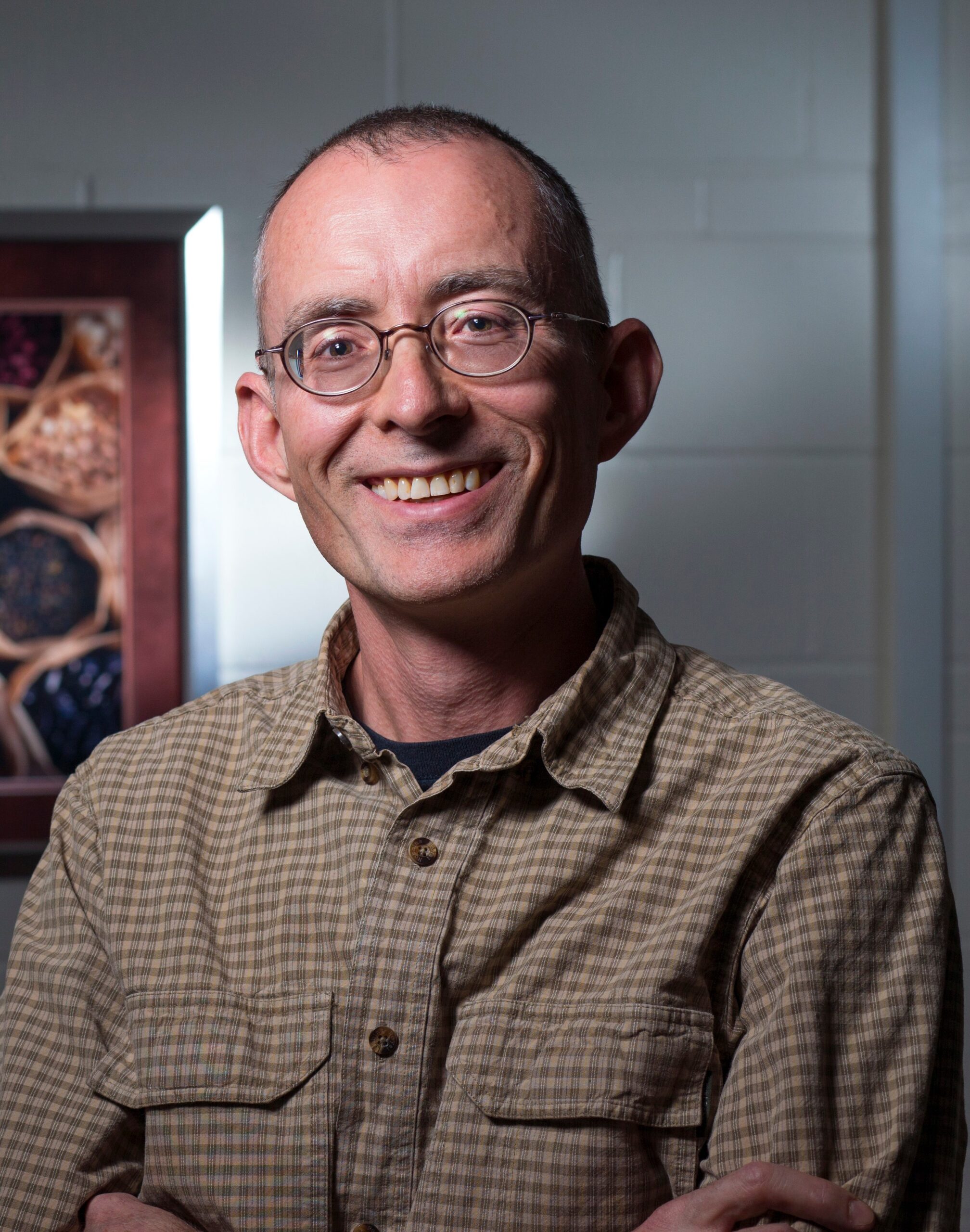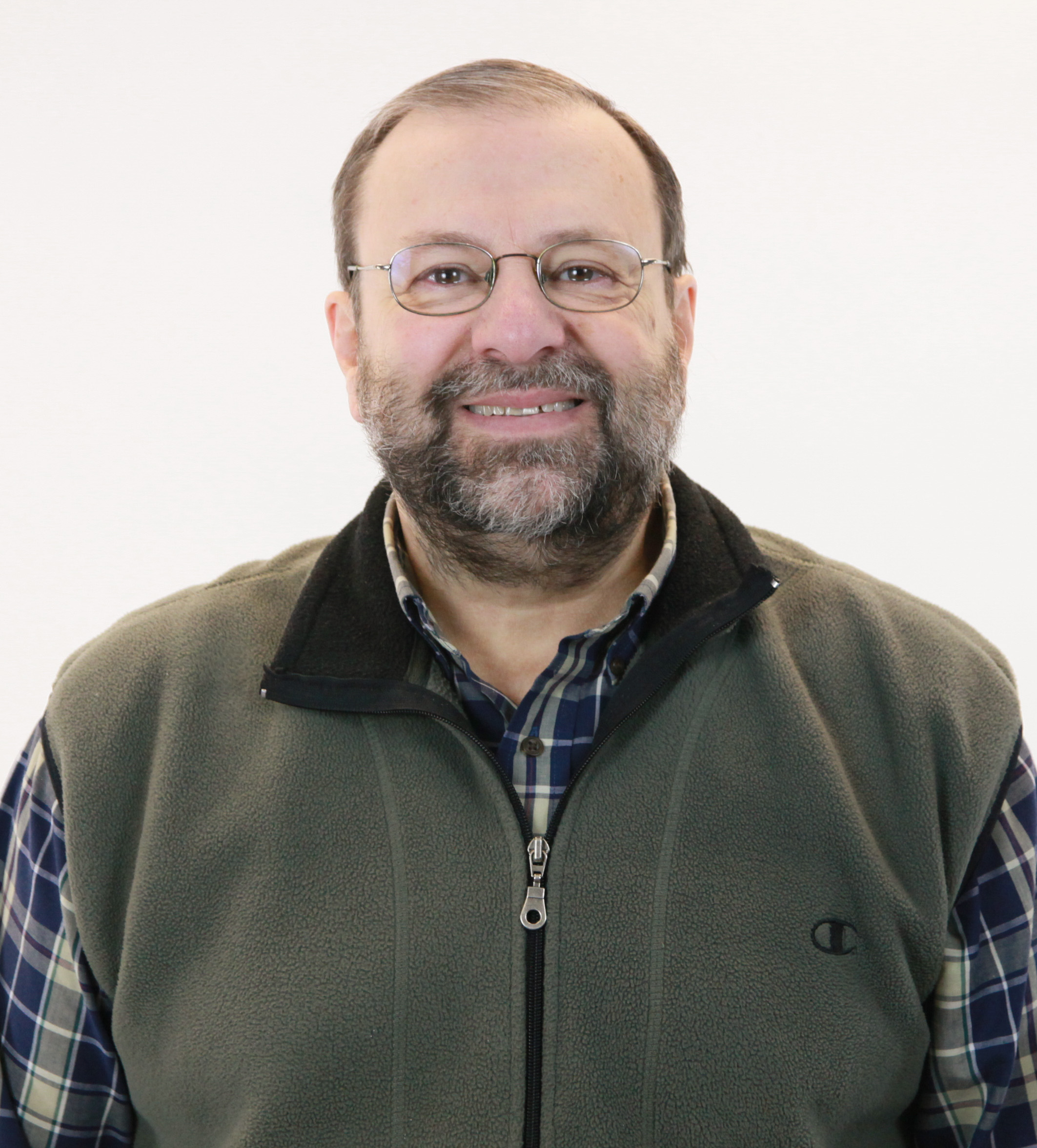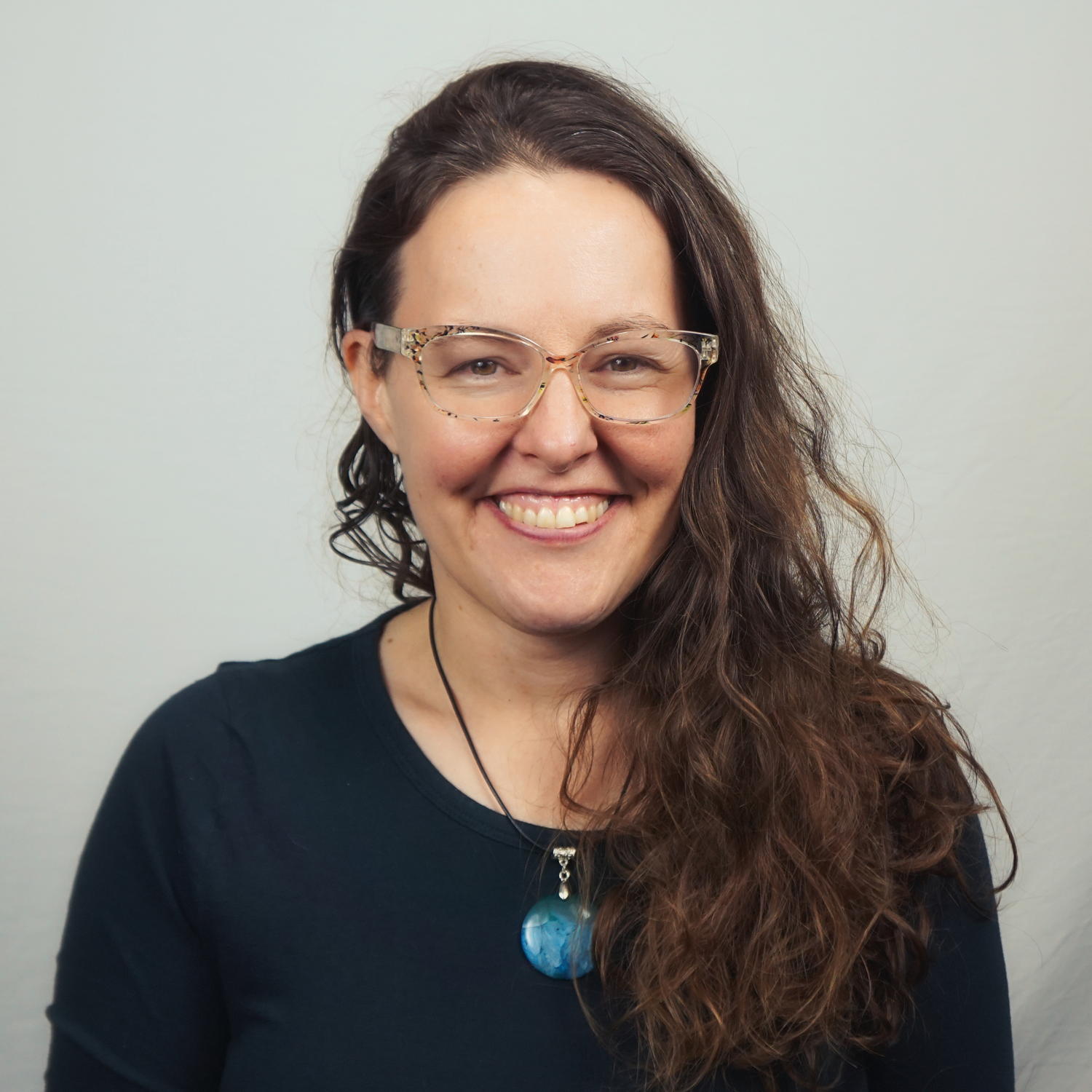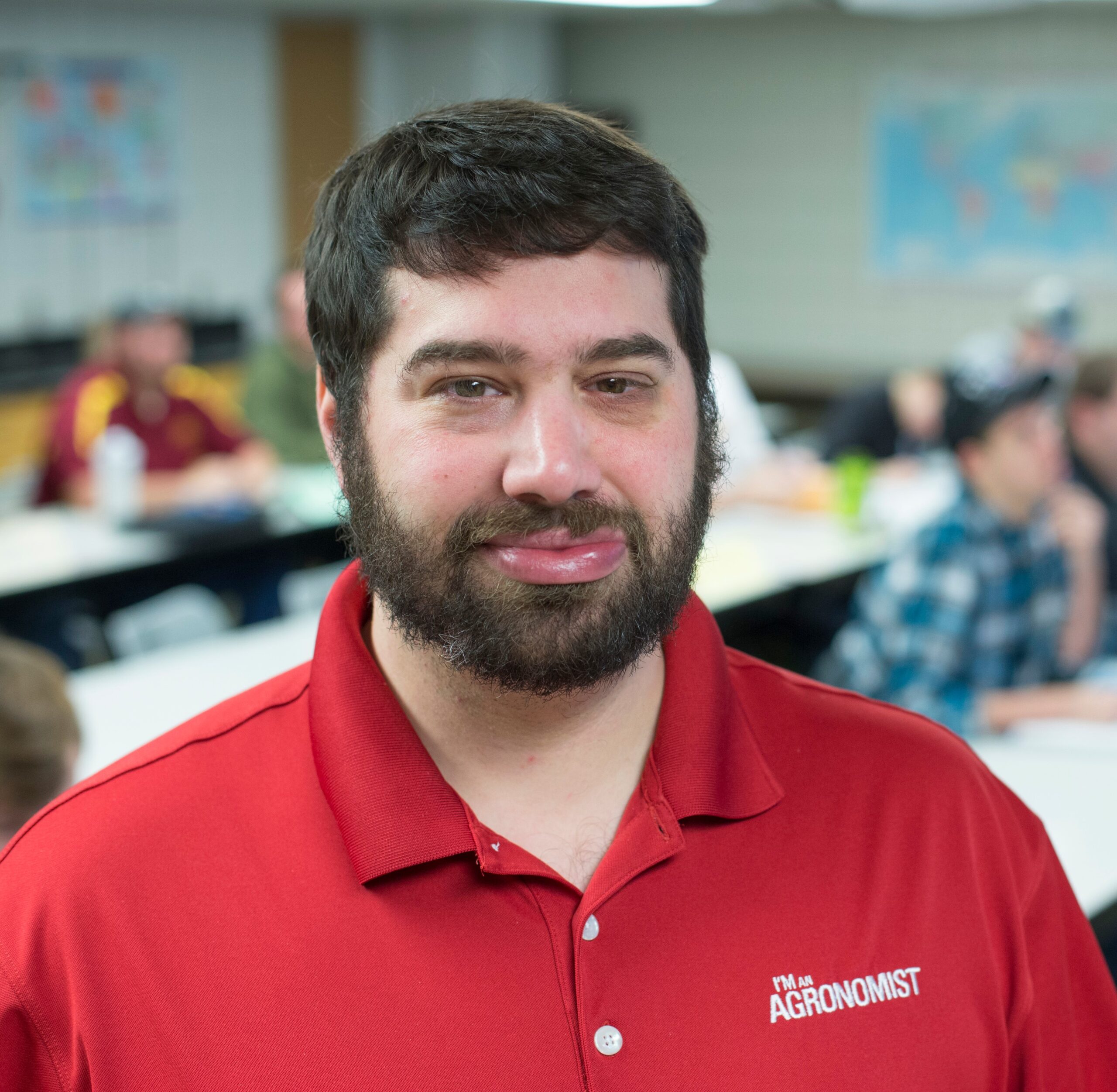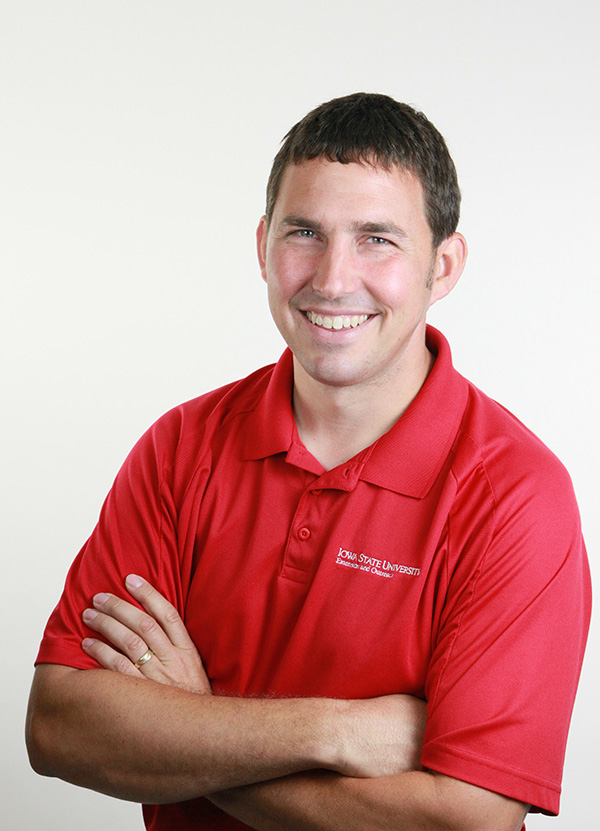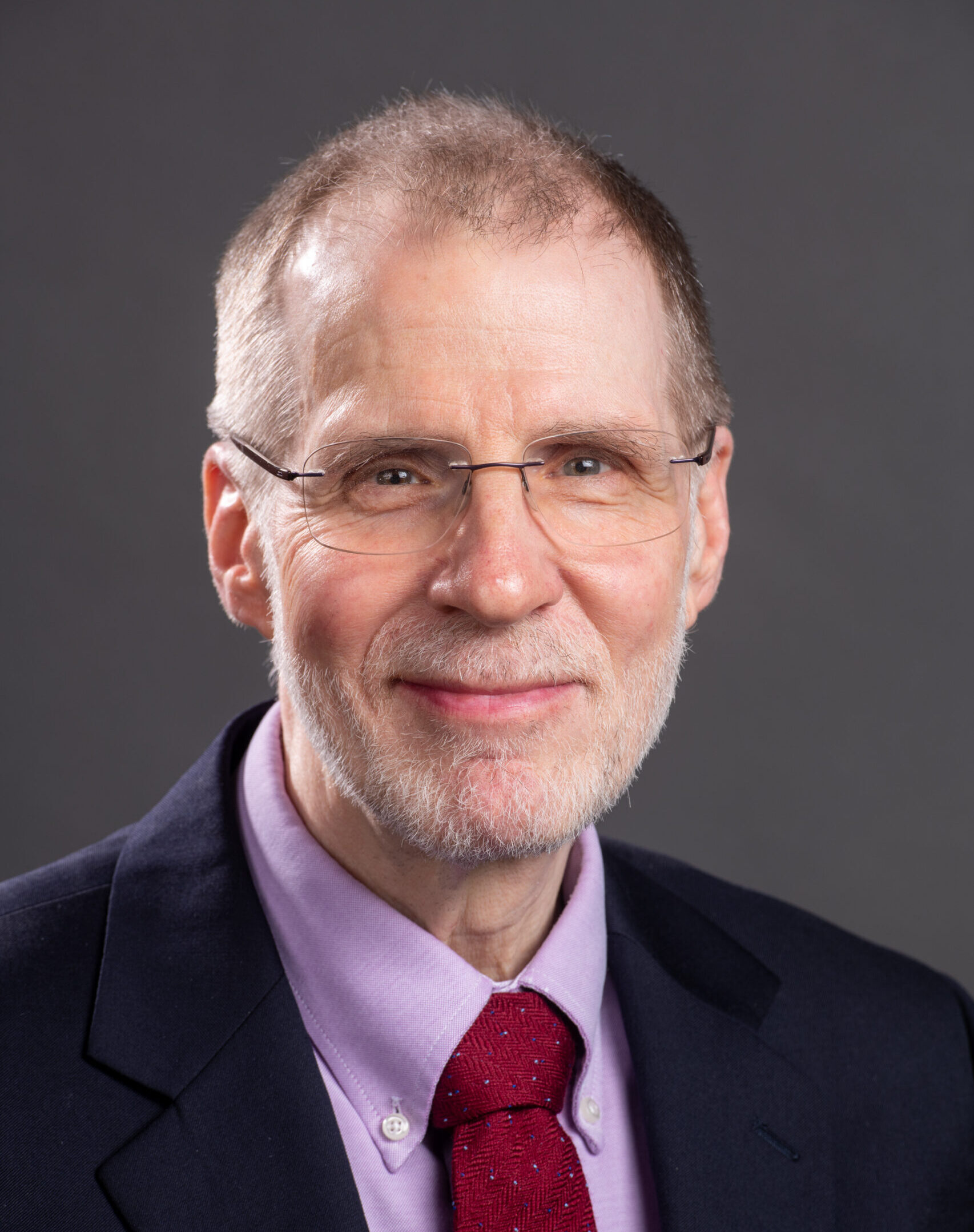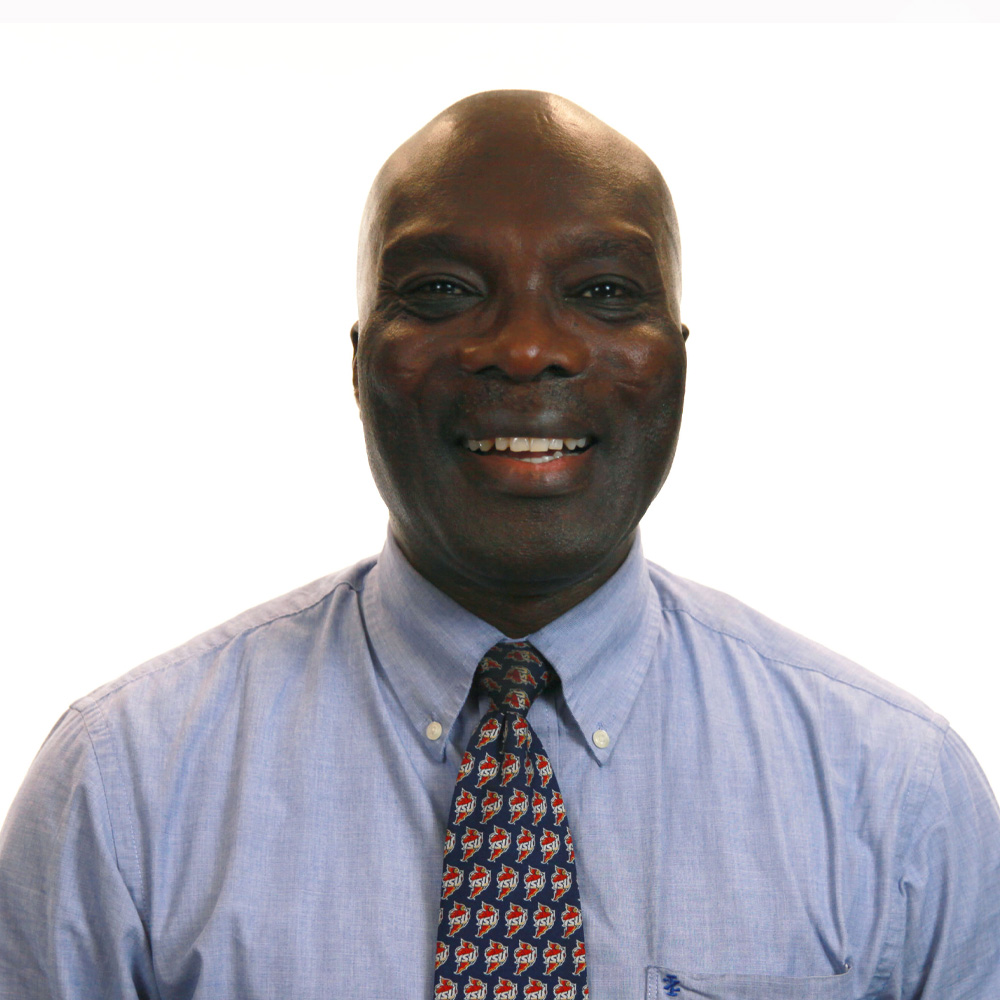Horton, Robert
Robert Horton is a Distinguished Professor in the Agronomy Department at Iowa State University. His program addresses soil physical processes and soil physical properties, with a focus on coupled heat and mass transfer in soil. His fundamental work on coupled heat and mass transfer in soil has greatly enhanced understanding of the role of soils in the following topic areas: climatology (the importance of surface energy partitioning); water quality (the impacts of soil water and chemical movement); agricultural production (the impact of the soil environment on seed and root functions); ecosystem products and services (the impact of the soil environment on microbial function and gas exchange); and environmental investigations (thermal and mass flow methods for remediation of soil pollution). His singular contributions include a comprehensive theory of coupled heat, water and chemical transfer in soil, quantifying in situ unsaturated soil hydraulic conductivity and dynamic subsurface water evaporation, and devising and validating a method to control fertilizer nitrogen leaching. To reach these goals his program includes laboratory and field measurements, sensor development, theory development, and numerical modeling.
Awards
Graduated Magna cum laude, Texas A&M University (1975)
Outstanding technical reviewer for the Soil and Water Division of the American Society of Agricultural Engineers (1989)
Raymond and Mary Baker Agronomic Excellence Award (1989)
Iowa State University Foundation Award for Mid-Career Achievement in Research (1990)
Elected Chairman of Soil Physics Division of the Soil Science Society of America (1993)
Fellow of the American Society of Agronomy (1993)
Fellow of the Soil Science Society of America (1994)
Appointed Chairman of the Soil Science Faculty Committee at ISU (1995-2002)
Appointed to Agronomy Department Head’s Advisory Council (1995-2002)
Superior Paper Award of the American Society of Agricultural Engineers (1997)
Soil Science Research Award of the Soil Science Society of America (2001)
Don and Betty Kirkham Soil Physics Award of the Soil Science Society of America (2002)
CampbellLecturer, Washington State University (2004)
Frontiers of Hydrologic Sciences Lecturer, American Geophysics Union (2005)
Selected as Distinguished Professor, Iowa State University (2006)
Honorary Professor at China Agricultural University (2007)
Rossmann-Manatt Faculty Development Award, ISU (2009)
Senior Visiting Professor, Chinese Academy of Sciences (2010)
Pioneer Hi-Bred Professor of Agronomy, ISU (2010-2013)
Kingenta Agricultural Science Award from the American Society of Agronomy (2012)
USDA Multistate Research Excellence Award for W-4188 (2021)
Fellow, American Geophysical Union (2022)
Anderson, Amber
Vanloocke, Andy
Andy’s passion for atmospheric sciences started in undergrad when a professor showed him the impact the science would make on the world. After getting his Masters and PhD at the University of Illinois at Urbana-Champaign, he crossed the Mississippi to join the Agronomy faculty at Iowa State. His time is divided between teaching both undergraduate and graduate courses and researching how our use of the land might impact agro-ecosystem processes in tandem with global change.
Suza, Walter
I serve as George Washington Carver Endowed Chair. The Chair is dedicated to the memory of George Washington Carver who was Iowa State University’s first Black student and faculty member. The Endowed Chair honors Carver’s spirit of service to all humans regardless of their race, gender, class, religion, or national origin.
Research:
Plants produce several sterols which accumulate preferentially in different organs. However, there is a gap in our knowledge about the direct role of individual sterols in plant growth and development. Fluctuations in the content of sitosterol and stigmasterol during development and conditions of stress suggest that these sterols modulate plasma membrane components or signaling activities essential for plant development and stress compensation. We are probing maize and Arabidopsis systems to increase our understanding of the direct roles of sitosterol and stigmasterol in plant growth and development. A full appreciation of the biological relevance of sitosterol to stigmasterol conversion will advance our understanding of the direct role of sterols in plant growth and development.
- Aboobucker, S.I., Showman, L.J., Lübberstedt, T., Suza, W.P. (2021). Maize Zmcyp710a8 mutant as a tool to decipher the function of stigmasterol in plant metabolism. Frontiers in Plant Science 12:732216. DOI: 10.3389/fpls.2021.732216
- Aboobucker, S.I., Suza, W.P. (2019). Why do plants convert sitosterol to stigmasterol? Frontiers in Plant Science 10:354. DOI: 10.3389/fpls.2019.00354
- Suza, W.P., Chappell, J. (2016) Spatial and temporal regulation of sterol biosynthesis in Nicotiana benthamiana. Physiologia Plantarum 157:120-134. DOI: 10.1111/ppl.12413
Teaching:
I teach courses on Genetics and Biotechnology and Crop Physiology for Agronomy majors. I strive to create a classroom environment that is interactive and accepting of the diverse views and beliefs of my students. Not only do I aspire to ensure that my students learn the nature of science, but I also challenge students to be appreciative of science application to address society’s challenges. My students learn to work in teams for critical evaluation of plant molecular biology, genetics, physiology, and biochemistry.
Genetics OER Textbooks
Genetics, Biotechnology, and Agriculture
Building Crop Improvement Capacity in Africa:
In addition to co-developing courses for the Iowa State University’s Distance MS in Plant Breeding Program, I served as the director of Plant Breeding e-Learning in Africa Program (PBEA) for 8 years. PBEA increased access to open educational resources (OER) on topics related to the genetic improvement of crops. PBEA OER were developed for use in curricula to train African students in the management of crop breeding programs for public, local, and international organizations. PBEA OER hone essential capabilities with real-world challenges of cultivar development in Africa using Applied Learning Activities. The PBEA team worked in collaboration with faculty at Makerere University in Uganda, University of KwaZulu-Natal in South Africa, and Kwame Nkrumah University of Science and Technology in Ghana.
- Suza, W. P., Mahama, A. A., Gibson, P., Aboobucker, S. I., Sibiya, J., Madakadze, R., Akromah, R., Edema, R., Lübberstedt, T., Retallick, M. S., & Lamkey, K. R. (2023). Educating the Next Generation of Plant Breeders in Sub-Saharan Africa. OpenISU. DOI: 10.31274/b8136f97.4e7ae532
- Suza, P., Gibson, P., Edema, R., Akromah, R., Sibiya, J., Madakadze, R., & Lamkey, K. R. (2016) Plant breeding capacity building in Africa. Nature Climate Change 6:976. DOI: 10.1038/nclimate3139
Plant Breeding OER Textbooks
- Principles of Cultivar Development
- Plant Breeding Methods
- Crop Genetics
- Molecular Plant Breeding
- Crop Improvement
- Cultivar Development
- Quantitative Methods for Plant Breeding
- Quantitative Genetics for Plant Breeding
Crop Biotechnology Outreach
- Esquivel, M. M., Aboobucker, S. I., & Suza, W. P. (2023) The impact of ‘framing’ in the adoption of GM crops. GM Crops & Food, 14:1-11. DOI: 10.1080/21645698.2023.2275723
- McMillen, M. S., Mahama, A. A., Sibiya, J., Lübberstedt, T., & Suza, W. P. (2022). Improving drought tolerance in maize: Tools and techniques. Frontiers in Genetics 13:1001001. DOI: 10.3389/fgene.2022.1001001
- Carzoli, K., Aboobucker, S. I., Sandall, L. L., Lubberstedt, T., & Suza, W. P. (2018) Risks and opportunities of GM crops: Bt maize example. Global Food Security 19:84-91. DOI: 10.1016/j.gfs.2018.10.004
- Suza, W. P., Kena, A., Akromah, R., Mugwanya, N., & Zeller, M. (2018). Fear holds back gene-edited crops — educate the public. Nature 563:626. DOI: 10.1038/d41586-018-07547-y.
News Releases:
- Iowa high schools encouraged to participate in new GWC Future Hunger Fighters Program (2025)
- Iowa State selected as support entity for new resilient food system initiative in Africa (2024)
- Two Iowa State Faculty Named to Inaugural World Food Prize Pioneer List (2024)
- ISRC funds three new soybean research projects, holds research day (2024)
- Suza Named George Washington Carver Endowed Chair (2023)
- CALS Entrepreneurship Fellow innovates to deliver engaging course material and save students money (2023)
- CALS announces seed grants to leverage existing and future research (2022)
- Grant Supporting International Food Security Awarded to Iowa State University, Colorado State University (2020)
- Anti-GMO sentiment has repercussions for developing world (2018)
- Iowa State University Partners with Ugandan University to Enhance Agricultural Research and Education in Africa (2016)
- Iowa State University Collaborative Research Seeks to Increase Corn Production in Africa (2015)
- Iowa State University agronomists to help develop new generation of plant breeders in Africa (2014)
Licht, Mark
Mark Licht is an Associate Professor and Extension Cropping Systems Specialist in the Department of Agronomy at Iowa State University. His extension, research and teaching program is focused on how to holistically manage Iowa cropping systems to achieve productivity, profitability and environmental goals. Research is centered around varied aspects of soybean, corn and cover crop management.
Devries-Gelder, Mindy
Wiersema, Jan
I am an Associate Teaching Professor in the Agronomy Department and the activities director for Project LEA/RN at Iowa State University. My research specialty is helping students develop as responsible learners and as effective leaders. In addition to my direct work with students, I also help faculty in diverse disciplines become more effective at leading learning for their students. I continue to apply the results of on-going research to my own work of developing communities of learners.
Courses for which I lead learning include:
L L S 112: Foundations of Learning & Productive Team Membership
L L S 114: Developing Responsible Learners & Effective Leaders
My research interests include the fundamentals of human learning, social interaction, brain research, and leadership development. My passion is helping others learn and develop into professionals who are good citizens and effective leaders.
Harbur, Marin
Thompson, Michael
My teaching program includes an undergraduate course on Organic Compounds in Plants and Soils and a mixed undergrad/grad course on Environmental Soil and Water Chemistry. Each course is taught one semester per year.
My research program centers on environmental applications of soil chemistry and mineralogy. These studies seek to identify chemical and physical conditions that favor stability, transformations, and movement of nutrients, soil organic matter, and anthropogenic contaminants in soils. Current research projects include characterization and transformations of soil organic matter, the impacts of biofuel cropping systems on soil health, the mechanisms of colloid-mediated transport of hormones derived from municipal biosolids, and the composition of organic matter preserved in Quaternary paleosols.
Dobill, Daniel
Kwaw-Mensah, David
Dr. David Kwaw-Mensah is an Associate Teaching Professor in the Department of Agronomy. His degrees include a Ph.D. in Agricultural Education (Extension Education), with a Ph.D. minor in Environmental Science (Soil and Water Quality), Iowa State University, 2008, M.S. in Soil Science (Soil Management), Iowa State University, 2005, M.S in Agricultural Land-use Planning, University of Pretoria, South Africa, 1996, and B.Sc. (Hons) in Agriculture (Agronomy), Kwame Nkrumah University of Science and Technology, Ghana, 1982. He joined the Agronomy Department in 2012 as a Research Associate in Soil Management and Environment, focusing on tillage system and residue management research. In 2017 he joined the Master of Science Agronomy Program as Assistant Teaching Professor and currently teaches the following courses in the Master of Science Agronomy Program: Agronomy 532 (Soil Management), Agronomy 512 (Soil-Plant Environment), Agronomy 592 (Current Issues in Agronomy), and Agronomy 599M (Creative Component). Dr. Kwaw-Mensah also teaches a section in the undergraduate course Agronomy 342 (World Food Issues: Past and Present). He is a passionate teacher who believes in a respectful and inclusive learning environment. His teaching philosophy is grounded in the theory of transformative learning and constructivism. He shares in the thoughts of the 450 BC Philosopher, Confucius who once said, “Tell me, and I will forget; Show me, and I may remember; Involve me and I will understand.” He believes learning is an active lifelong biological process, which must be objectively evaluated using both formative and summative methods. He believes in engaging his students by telling, showing, and actively involving them in the learning and discovery process.
